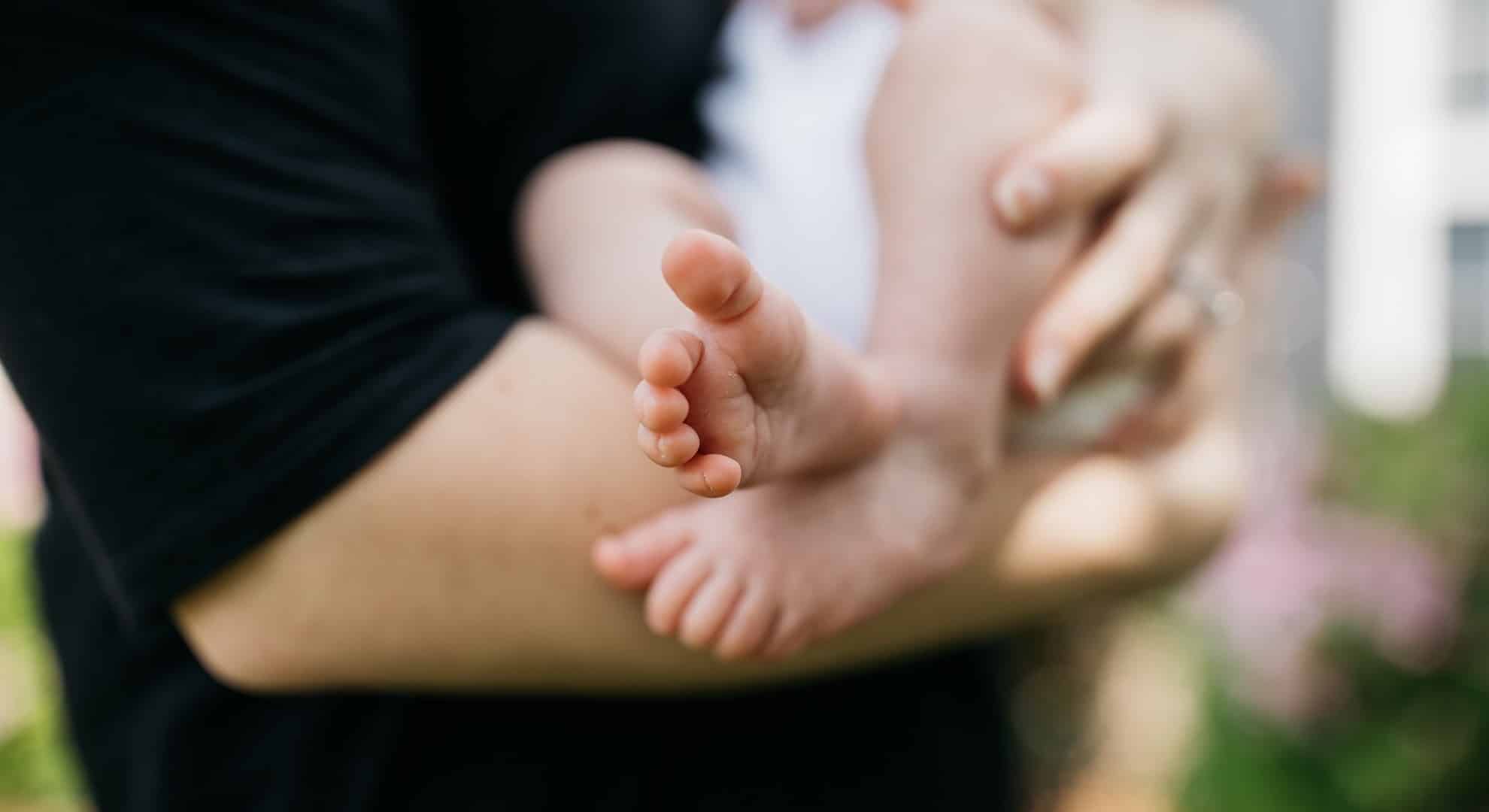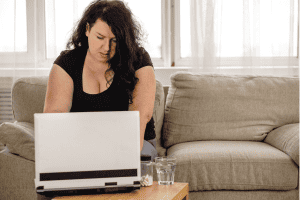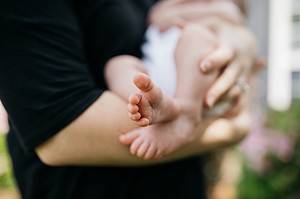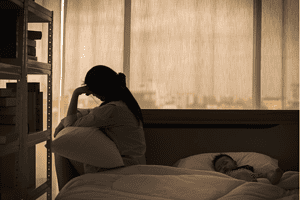Everyone wanted to visit my baby. To see her, to hold her, to ask how she was feeding and sleeping. I distinctly remember in the weeks following the birth of my first child waiting patiently for that elusive 6-week check, where there would be someone waiting to check in on me…
…To see me, to ask how I was sleeping, to ask if I was ok. But that appointment came and went in a blur. Around weighing and measuring there was barely a moment to discuss my baby, let alone me. My “postpartum period” was apparently over, and it was time to snap back and return to normalcy.
But at that point, I was broken. There was no normal.
A long, strenuous experience of birth; heavily medicated; unable to breastfeed; severely sleep deprived; hormones and moods that felt beyond my control; anxious and overwhelmed at caring for a baby on my own; unable to settle my own baby; sad, angry, bitter, disappointed, confused, numb. When were they going to check in on me? Everyone wanted to hold my baby, but who was going to hold me?
The Postpartum Period
Often categorized as the 6 week period post-birth, a women’s postpartum period is actually considered by many in the field to be for as long as 12 months post-birth. These 12 months are crucial for the emotional, physiological and psychological well-being of mother, baby, and ultimately, the family.
I’ve written before about a women’s hierarchy of needs during birth and similar stands firm for the 12 months postpartum. This theory was developed by a man named Abraham Maslow, an American psychologist whose work focused on the pursuit of human happiness. He is perhaps most well known for his motivational theory in psychology comprising a five-tier model of human needs, often depicted as hierarchical levels within a pyramid, “Maslow’s Hierarchy of Needs”. I’ve applied his model to the needs of new mothers in the 12 months post-birth:
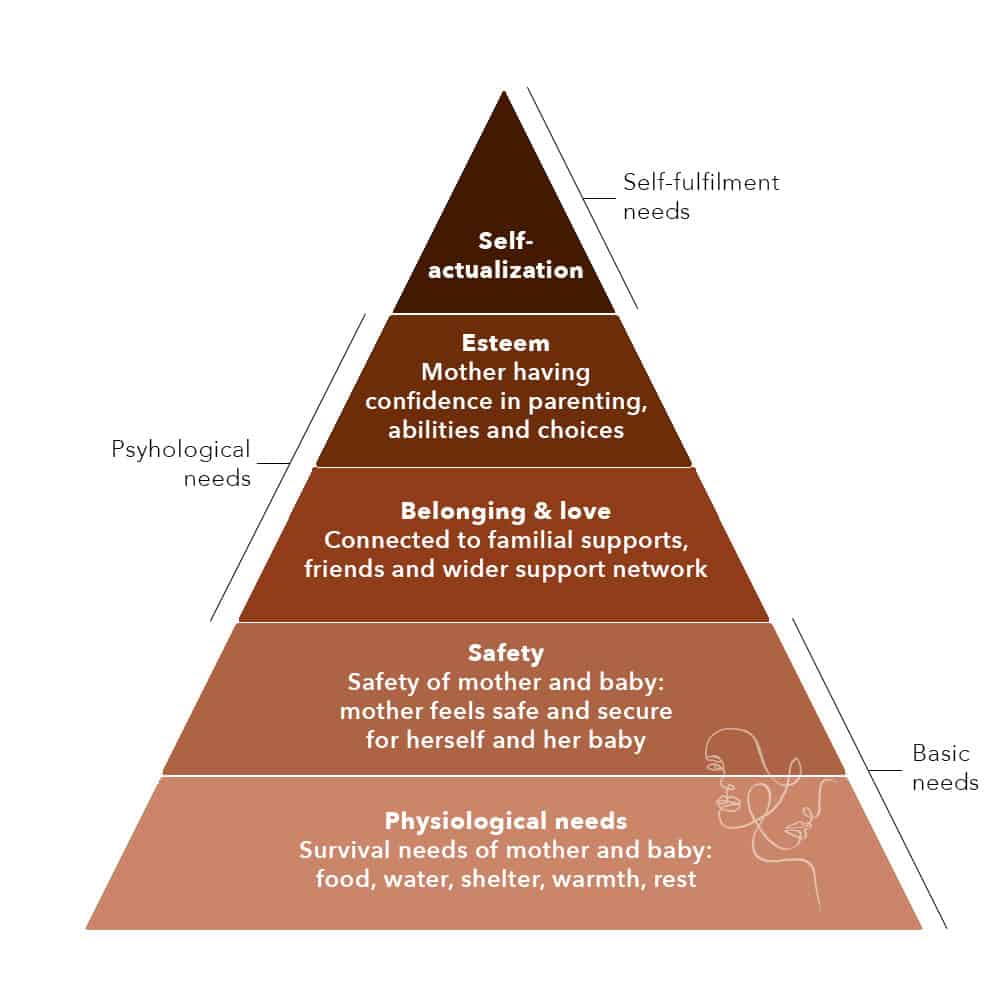
A mother’s primal need is for physical survival, of herself and her baby, and this will be her primary motivation for behaviour. Once that level is fulfilled the next level up is what motivates her, and so on. Let me explain each tier so we can get a better understanding of what new mothers may need…
Physiological needs
Our biological requirements for human survival, e.g. air, food, drink, shelter, warmth, sleep. If these basic needs are not satisfied the human body cannot function. It’s in early motherhood that these very basic requirements can go unmet. Sleep deprivation and skipping meals are almost a given as mothers are programmed to believe they have to do it all, ALONE. Where the concept of the tribe or the village is long gone.
It’s at this tier where pre-planning for postpartum can be of great benefit. Making requests prior to your birth for your familial or social circles to help you. Engaging in the services of a post-partum doula. Preparing meals for the freezer during your pregnancy. Engaging in the services of a post-partum food service. Start thinking about each of those primal basic needs and what can be put in place BEFORE baby arrives. Post-birth, ensure you seek out treatment for pregnancy or birth related physical injury or trauma.
Safety needs
Security, stability, personal safety, predictability, control, freedom from fear. In early motherhood our primal need to cocoon our baby and ourselves in a blanket of safety kicks in. Fulfilling this tier may be an extension of the previous tier, involving PLANNING prior to baby’s arrival to enhance feelings of stability, control and security. Really take a look at what it means to you to keep you and your baby feeling secure, emotionally and physically. Considerations for this are unique to each mother, from choices in post-birth care to exploring sleeping arrangements for the new baby, to ensuring privacy for breastfeeding, to seeking professional emotional and mental support.
If a mother has experienced trauma from her experience of birth or the time surrounding it, it is possible that feelings of security, safety, control, and stability may be absent or inconsistent. Hyperviliance or anxiety may be experienced as a result. Seeking out professional counselling support to work through your experience can help you in returning to feelings of security and safety.
Love and belongingness
At this tier, feelings of belongingness, acceptance, affection, and trusted interpersonal relationships are key. For new parents it’s postnatal isolation that is the biggest intervening factor to fulfilling this tier. After the initial influx of visitors tapers new mothers may find themselves isolated within their home as it can feel too overwhelming or exhausting to take a new baby out of the house unless necessary. Friendships may become strained. Relationships falter. Fear and ‘what ifs’ can also set in… what if she’s hungry and I need to breastfeed in public? What if I can’t manage by myself? What if he starts screaming and I can’t settle him?
Seek out groups that welcome new mothers and all that that brings with it, such as mother’s circles or mothers groups, to fulfil that need of belonging. Reach out to trusted friends and ask them to visit you, don’t wait for them to ask. Plan short trips out of the home with a friend, without an urgent agenda, such as a walk.
Studies indicate that relationships between mothers and their partners face a steep drop in satisfaction after the birth of a baby, with a continued slower decrease over the next three years, potentially adding to the feelings of loss of affection and acceptance. Acknowledge that it is normal for relationships to feel strained during this time. Connection and communication with external support may be an option if needed.
Again, the experience of trauma before, during or after an experience of birth may contribute to feelings of isolation or loneliness so seek counselling support if needed.
Esteem needs
Esteem for oneself (dignity, achievement, mastery, independence) and respect from others fulfils this tier. Mothering is a new skill and is something not every woman is confident at to begin with. After the birth of a baby we take on a very steep learning curve in unfamiliar territory. The skills we had mastered previously, perhaps through study or work, now become almost obsolete and we return to ‘beginner’ status. That can be a big hit to our esteem and can leave mothers with a sense of loss of control, inadequacy, or defeat. Particularly when we compare ourselves to the picture-perfect mothers of social media. As mothers rapidly gain new caregiving skills by the six-month post-birth, their esteem and a sense of mastery begins to grow. It is interesting to note that studies* have shown that the self-esteem of mothers hits a low point at the time their child is about 3 years of age as children start to further explore the wider world and boundaries are pushed.
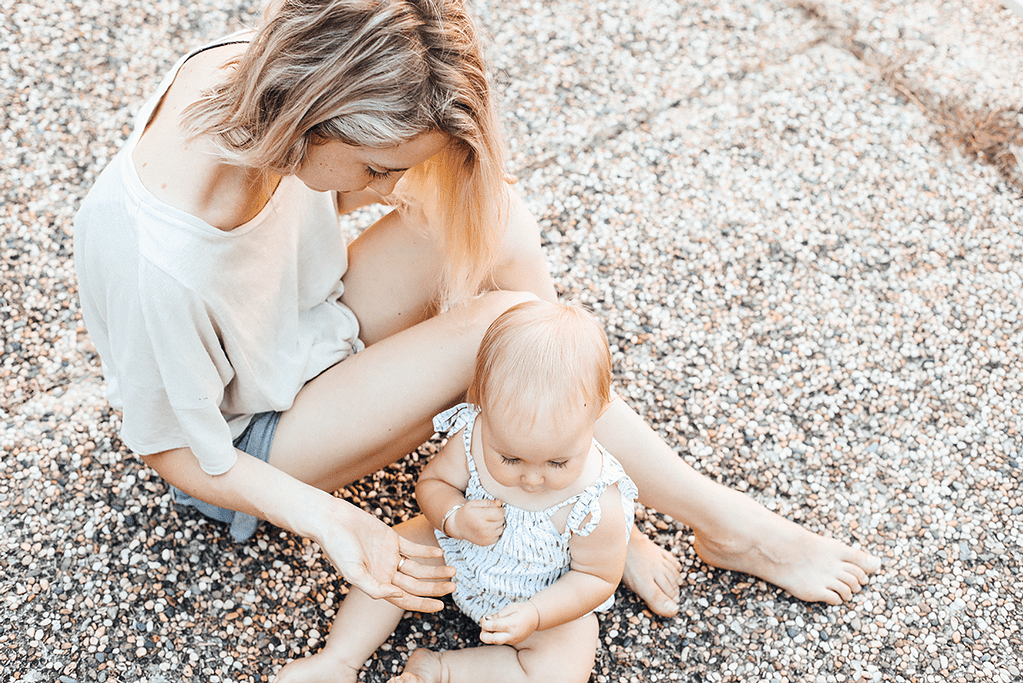
The first step here is to recognise that you are not alone in these feelings. Don’t dismiss them, but consciously try to be understanding of your newness to parenthood, and like any other skill, your confidence will develop.
Deeply explore your self-worth as more than a mother. Use my guide to exploring self-worth as a start. Seek out other skills to master or revive previous passions and hobbies. Seek support if your emotions are overwhelming your ability to go about your day.
Self-actualization
The final tier refers to the realization of the mother’s potential, self-fulfilment, and personal growth. What this looks like can differ from mother to mother. Meeting the needs in the lower tiers gives mothers access to growth and fulfilment that takes them beyond the realm of ‘mother’.
If you find yourself in need of additional emotional support in your motherhood journey, please contact me.
Fiona x
Reference:
van Scheppingen, M. A., Denissen, J., Tambs, K., Bleidorn, W., and Chung, J. (2018). Self-Esteem and Relationship Satisfaction during the Transition to Motherhood.
My name is Fiona Rogerson and I am an ACA accredited counsellor, and Hypnobirthing (Mongan Method) Practitioner. I work with women and men to overcome emotional and psychological hurdles surrounding conception, pregnancy, postpartum, parenting and identity. I am also available to provide professional development training and workshops to various organisations. I am based south of the river in Perth and can be contacted by email at fiona@fionarogerson.com.au or phone 0402 017 425 or via my contact page. Find me on Facebook and Instagram.


